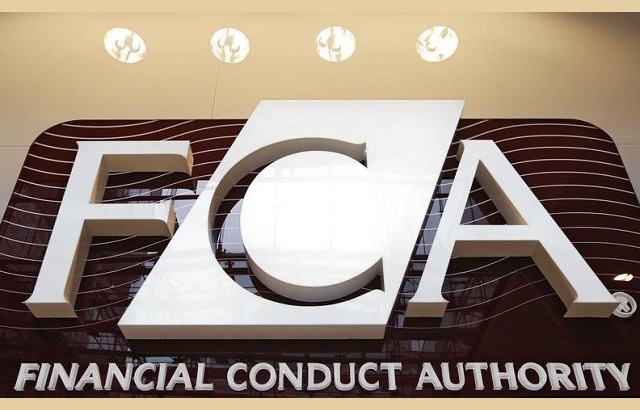The advice sector has been urging the Financial Conduct Authority (FCA) to step in and reduce the regulatory burden on firms, but it seems this may not a quick fix.
Rikhil Nathi, newly appointed chief executive of the FCA, and Charles Randall, chairman of the FCA spoke to the Treasury Select Committee on 4 November to discuss a range of issues for the financial services industry.
They were both questioned on the rising professional indemnity (PI) insurance premiums and the Financial Services Compensation Scheme (FSCS) levy.
‘Specific comfort’
Randall said: “The FSCS levy is undoubtedly a big problem… and [it] is driven by two things.
“First of all, historic problems that exist. But the other driver on the FSCS is not just the volume of bad activity, it’s actually the macro economic climate, because the rate of firm failure is driven very much by what’s happening in the broader economy.
“I’m afraid I think it is an area where we can’t give you specific comfort of when those levies will start to come down. But what I’m absolutely determined about is that we end up with a more preventative and more risk reflective structure overall.
“That means improving the actions that we take at the authorisations gateway and in the supervision of firms.
“It also means distinguishing more clearly before between those firms that conduct risky activities and those that conduct what I might describe as plain vanilla activities, and trying to work with the insurance market and the FSCS to ensure that levies and premiums are focused to risk to a greater extent.
“And that will give people much more pause for thought before they conduct riskier activities, which will be more costly in both levy and premium terms.
“I think that’s the long-term strategy. But it is a long-term strategy that will take several years and I’m afraid there’s no way that I can sort of sugar that pill.”
Industry anger
The industry has voiced its anger about rising levies and regulatory fees.
Recently, James Pearcy-Caldwell, chief executive of Aisa Group said the FCA is “out of control”.
Back in April 2020, Phil Billingham, director at Perceptive Planning, took to social media to lament his PI cover rising by 400% despite no claims or defined benefit (DB) transfers.
International Adviser also interviewed Phil McGovern, director of MPA Wealth Management, about rising regulatory fees and levies, and he said that the industry lacks a “real lobbying group” to help advisers.
Earlier intervention
Rathi added: “Through a number of legacy issues, be that Sipp operators that operated with non-standard investments eight or nine years ago that are now failing and that we are dealing with, I would hope that as we work through those, the time is coming where that legacy set of issues will diminish.
“It’s unrealistic for me to come here and get the commitment that the levies will diminish in the next 12-to-18 months.
“There were many measures in our consumer investments paper, where we are taking action earlier, to seek out the bad actors and prevent them from failing and causing harm, including the further action which we are proposing on promotions, the work we’re doing in the online space to reduce fraud and scams.
“That earlier intervention, that proactive work should hopefully reduce the number of failures and therefore ultimately the burden that falls on the FSCS.
“That’s one element which we are working on intensively now.”
Different approach
The former chief executive of the London Stock Exchange also discussed about PI insurance for advice firms, and how the FCA will take a different approach on this topic.
Rathi said: “Clearly there is an issue when firms fail that the cost of that failure and where it’s covered by the FSCS, falls on the FSCS and through the levy payers of the FSCS.
“One of the things we would like to explore is whether as part of our regulatory approach, we should require a higher level of professional indemnity insurance for operating in this market.
“Clearly that also brings costs, but one would hope that through that approach, the riskier firms would end up paying higher premiums, and then when there’s a failure, there is insurance which avoids the bill falling onto the FSCS. I think that’s a dialogue we are entering into and we’re going to have to have.
“I would say that there are concerns that maybe a market that’s not functioning as effectively, and particularly in the moment that we’re in right now, where we would expect just because of the economic conjuncture that we are facing, there will be an increase in firm failure and that there will be a reticence in the near term for insurance to be the solution.
“But we would like to keep the option open as to whether this can be a medium-term task. I would think over the next 2-to-3 years, realistically.”
‘Tipping point’
The burden of regulatory fees and rising PI insurance premiums are not the only problems for advice firms now.
The second lockdown is also a problem for advisers.
“I think that there are issues with a number of small financial services firms, small financial advice firms, Sipp operators,” Rathi said. “There are certain areas, where there are pressures but there’s also just a generalised economic challenge.
“So, firms that may not have been doing that well, even before the crisis hit, the first lockdown and the second lockdown may be the tipping point.”








